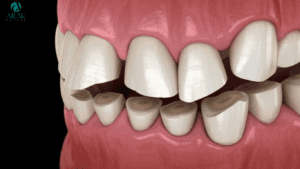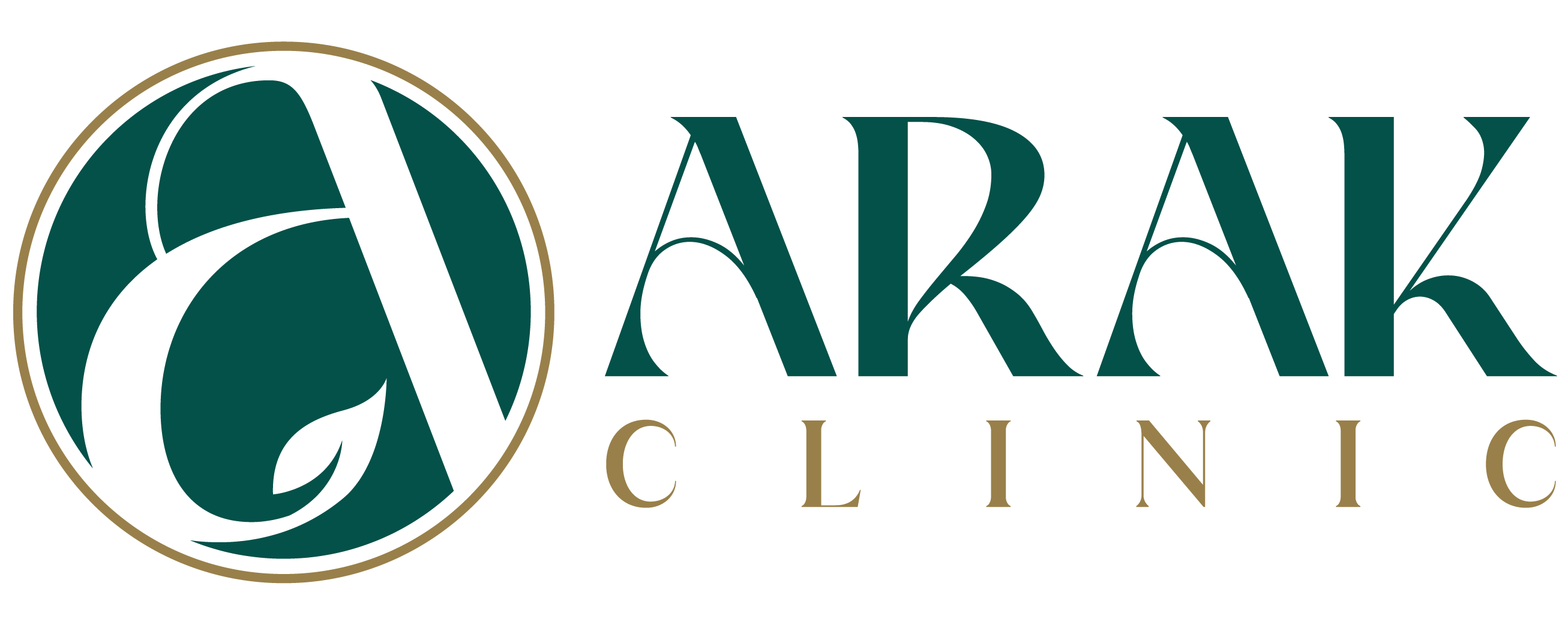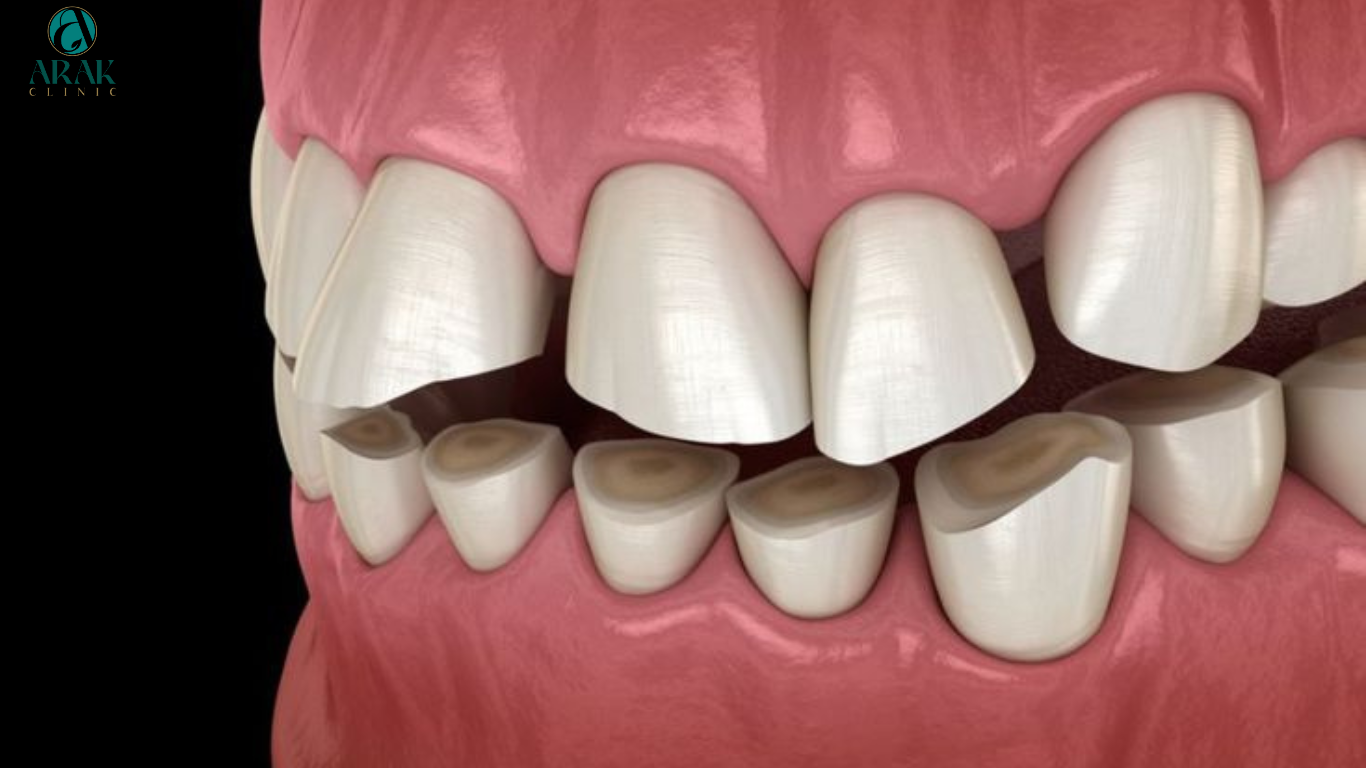Teeth grinding, clinically known as bruxism, is a common dental condition characterized by the involuntary clenching, gnashing, or grinding of teeth. While occasional teeth grinding may not cause significant harm, chronic or severe bruxism can lead to various dental problems and affect overall oral health. Let’s delve into the causes, effects, and solutions for this prevalent condition.
Understanding Bruxism:
Causes of Teeth Grinding: Bruxism can result from a combination of factors, including stress, anxiety, misaligned teeth, sleep disorders, lifestyle habits, and underlying medical conditions. Identifying the underlying cause is crucial for effectively managing and treating bruxism.
Effects on Oral Health: Chronic teeth grinding can have detrimental effects on oral health, leading to worn enamel, tooth fractures, sensitivity, jaw pain, temporomandibular joint (TMJ) disorders, headaches, and muscle tension. These dental problems can significantly impact the quality of life and require prompt intervention.
Daytime and Nighttime Bruxism: Bruxism can occur during the day (awake bruxism) or at night (sleep bruxism). Nighttime bruxism is particularly concerning as individuals may be unaware of their grinding habits and unable to control them, leading to more extensive dental damage over time.
Psychological and Emotional Factors: Stress, anxiety, and emotional distress often exacerbate bruxism symptoms. Managing stress through relaxation techniques, counseling, and lifestyle modifications can help alleviate bruxism-related symptoms and improve overall well-being.
Impact on Sleep Quality: Sleep bruxism can disrupt sleep patterns and contribute to sleep disturbances, such as insomnia, sleep apnea, and daytime fatigue. Addressing bruxism is essential for restoring restful sleep and promoting overall health and vitality.
Solutions for Bruxism:
Custom Mouthguards: Custom-fitted mouthguards or occlusal splints are commonly prescribed to protect teeth from grinding during sleep. These oral appliances cushion the teeth, reduce pressure on the jaw joints, and prevent dental damage caused by bruxism.
Stress Management: Stress reduction techniques, such as meditation, deep breathing exercises, yoga, and progressive muscle relaxation, can help alleviate bruxism symptoms and promote relaxation of the jaw muscles.
Lifestyle Modifications: Avoiding stimulants like caffeine and alcohol, practicing good sleep hygiene, maintaining a balanced diet, and incorporating regular exercise into daily routines can support overall health and reduce bruxism-related symptoms.
Dental Treatments: Dental interventions, such as orthodontic treatment to correct misaligned teeth, dental restorations to repair damaged teeth, and occlusal adjustments to balance the bite, may be recommended to address underlying dental issues contributing to bruxism.
Behavioral Therapy: Cognitive-behavioral therapy (CBT) and biofeedback techniques can help individuals manage stress, modify harmful behaviors, and develop coping strategies to reduce teeth-grinding episodes and improve overall well-being.
At Arak Clinic, we specialize in diagnosing and treating bruxism to help our patients achieve optimal oral health and well-being. Our experienced dental team offers personalized treatment plans tailored to each individual’s unique needs, ensuring effective management of bruxism-related symptoms and prevention of dental complications.





